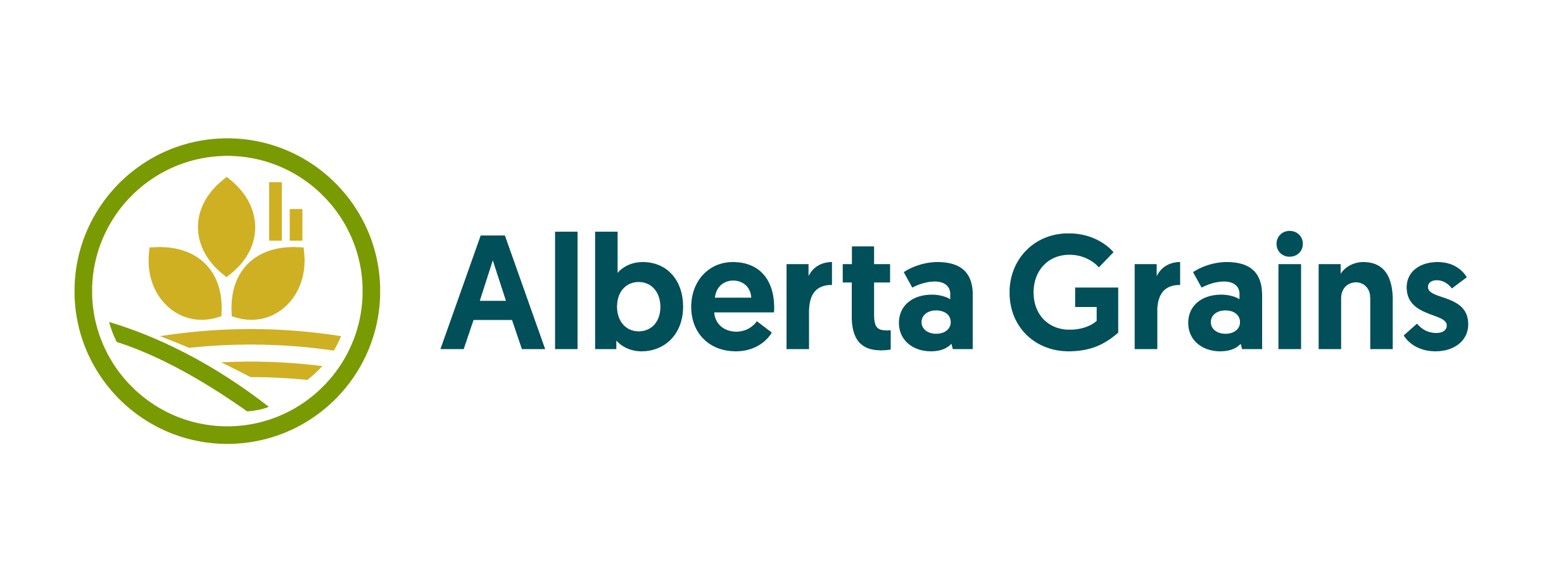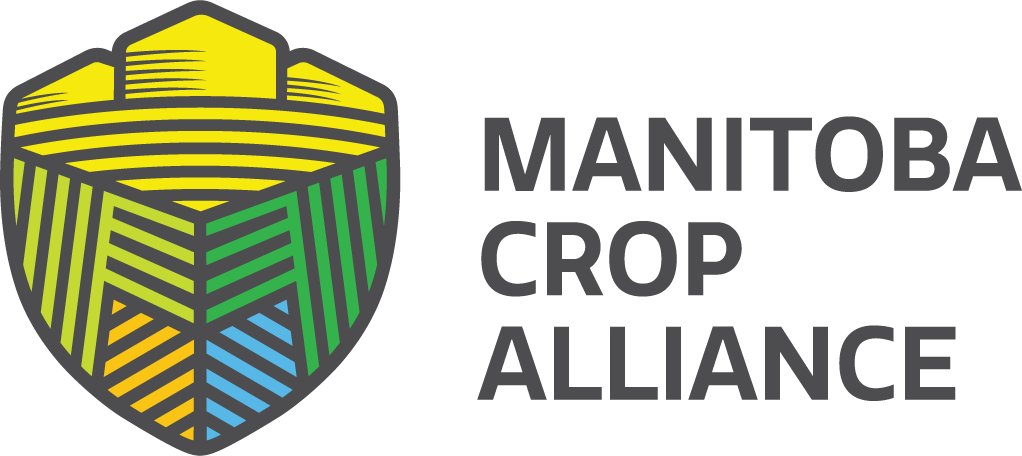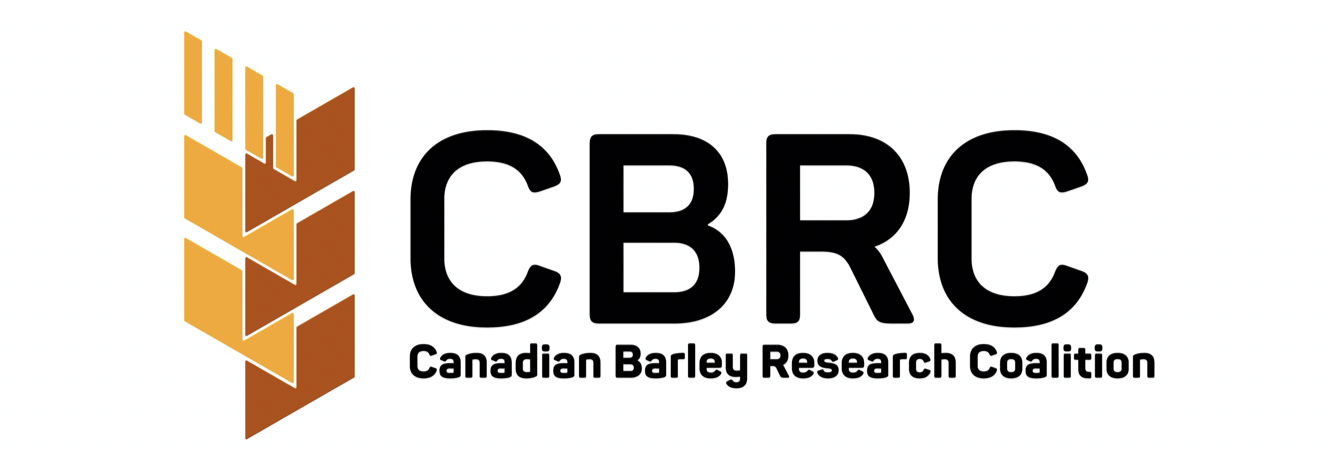AgSafe Alberta launches FARMERS CARE Level 4

Oct. 16, 2024 (Calgary, AB) – AgSafe Alberta is proud to announce the launch of the fourth and final stage in its FARMERS CARE program.
FARMERS CARE Level 4 is now available at AgSafeAB.ca. This free program provides valuable safety information in an accessible and engaging format that agricultural producers can navigate at their own pace.
AgSafe Alberta knows farmers and ranchers are extremely busy people and wants to respect their time. That is why all levels of FARMERS CARE cover a wealth of valuable information in a condensed format, avoiding the major time commitment that typically comes with intensive safety courses.
“FARMERS CARE is a great way for farmers and ranchers to start building a culture of safety on their operations,” says AgSafe Alberta chair Ian Chitwood. “With a very small investment of time, you can learn critical information and strategies that have the potential to prevent serious injuries and save lives.”
FARMERS CARE is an acronym that represents the 11 most common types of farm incidents – all of which are detailed on AgSafeAB.ca.
The first level of FARMERS CARE helps farmers and ranchers identify common agricultural hazards and learn how to control them, while introducing basic health and safety concepts. The second level of FARMERS CARE introduces the topics of training, orientation and communication – all concepts that are critical to managing hazards and risks on operations of all sizes.
FARMERS CARE Level 3 outlines basic inspections that will benefit a farm of any size and type, as well as how to conduct an inspection, fix issues found during an inspection and communicate inspection results to the farm team. Finally, FARMERS CARE Level 4 introduces emergency action plans and important considerations that will help keep people on farms safe during an emergency. It also covers practical measures related to emergency prevention, preparedness, management and recovery.
“Since we launched the first level of FARMERS CARE in 2021, hundreds of farmers and ranchers throughout the province have taken this important first step towards making their operations safer places to live and work,” says AgSafe Alberta executive director Jody Wacowich.
“Together, all four levels of FARMERS CARE provide a solid foundation from which agricultural producers can build a thriving safety culture – for themselves, their families and their employees.”
Once they have completed the FARMERS CARE program, farms and ranches can continue their safety journey through additional specialized programs offered by AgSafe Alberta based on the type, size and scale of their operation.
-30-
For more information, please contact:
Jody Wacowich
Executive Director
AgSafe Alberta
JWacowich@agsafeab.ca
587-585-2906
About AgSafe Alberta:
AgSafe Alberta is the health and safety association for agricultural producers in our province. As an industry-led organization, AgSafe Alberta works with and supports farms and ranches of all types and sizes in becoming safer places to live, work and grow up on.





